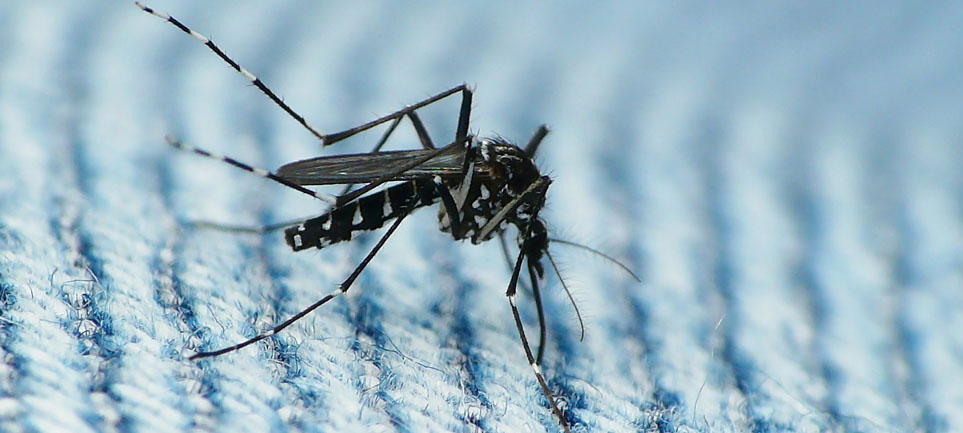
By Ashley Kline

A new international health crisis is on the rise, the mosquito-transmitted Zika virus, but Virginia Wesleyan students forge on with mission trip and study away plans.
Chaplain Greg West considered the threats of the Zika virus while planning the annual mission trip to Nicaragua he takes with a group of students over spring break. This year the trip is planned for March 18 through March 25.
“It’s new for me. I’ve never had to walk through something like this. The region we’re traveling to in Nicaragua this time is also a malaria area, so that’s new for me as well,” West said.
West provided all students a link to the Center for Disease Control website and ensured students were aware of the risks involved with traveling to Nicaragua. In addition to these efforts, he strongly urged students to communicate the risks to their parents and discuss the issue with the adults in their lives.
West said he was happy to announce that no students chose to withdraw from the trip due to concerns regarding the virus. A final group should be assembled by the end of this week. There are currently a dozen students planning to participate.
Individuals traveling to the Caribbean, Central America or South America must exercise extreme caution as these areas are where the virus is most prevalent. Neither a vaccine nor an antiviral drug is available.
Most people who contract the Zika virus experience no lasting health implications. However, the Zika virus presents serious danger to pregnant women and those who wish to become pregnant. This is due to the fact the virus has been known to cause miscarriages and birth defects. According to ABC, these birth defects include small heads and brains that are not fully developed. It was reported by the Center for Disease Control that two American women who fell victim to the Zika virus experienced miscarriages once back in the United States.
According to The New York Times, if a woman is of age to conceive children and visits a country where the Zika virus is prevalent, she should be sure to implement an intense birth control regime. This is to make sure she does not produce a baby plagued by the Zika virus.
The Center for Disease Control recommend women who have partners who travelled to areas with the Zika virus should make sure to use condoms or exercise abstinence for at least 28 days following their partner’s return. The New York Times also reported incidences of this are rare, but it is possible for the virus to be contracted sexually.
According to The Virginian Pilot, a resident of northwestern Virginia returned home with the Zika virus following a trip to a foreign country. While the virus is mostly transmitted through mosquito bites and the season for mosquitoes has yet to arrive in the United States, this incident brought the issue closer to home.
The Zika virus may pose additional implications for students studying abroad or desiring to study abroad. The Lighthouse was unable to make a comment regarding how they are addressing the Zika virus; however, all students desiring to study abroad who want to learn about how the Zika virus may impact such opportunities should speak with Sara Sewell, executive director of the quality enhancement plan, who is in charge of the study away program.


